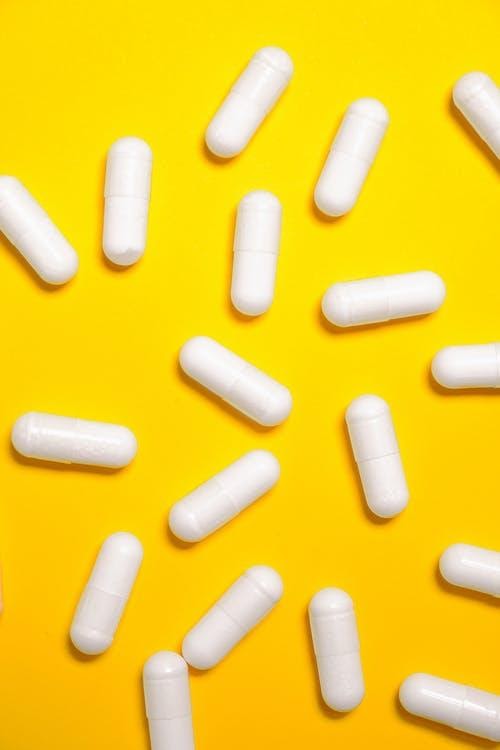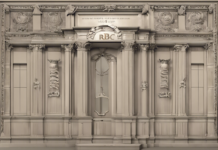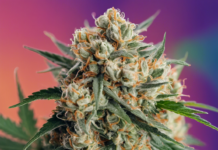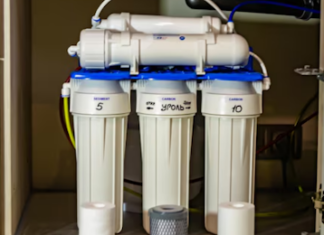20.5 million people over the age of 12 are involved in alcohol or substance addiction in the United States. All of them need immediate rehab treatment and therapeutic help like medication assisted treatment. Those who become sober after rehab treatment and counseling have to face the biggest challenge of their lives. Indeed, it is always the relapse and going back to the behavior that caused their destruction of life. 85% of rehab patients relapse after the treatment in a month or two.
In this article, you’ll know everything about relapse, stages of relapse, triggers that cause it, and how to stop yourself from more destruction after it. So, keep reading further. It’ll give you insights and strengths to turn your life around and be positive.
Let’s begin!
What is a Relapse?
Simply put, relapse is when you turn to consuming drugs or drinking alcohol after rehab treatment and spending some time sober. There’s also the phrase “lapse,” which refers to using drugs or alcohol once and then ceasing. However, relapse is when you start using drugs and alcohol before rehab and becoming sober.
With the relapse, your thinking pattern changes, and you forget all therapeutic suggestions and counseling promises. Next, you indulge in drug or alcohol use as a way out of your boring and tense sober life. If you have a recent relapse, you need medical detox services to clean your system from drugs or alcohol. Next, you should get therapy or counseling sessions to develop the willpower to change your behavior.
What are the Stages of a Relapse?
Relapse does not happen in just one day, but it is a slow-burning of your thought patterns that lead to it. Here’s how it happens with everyone.
- Emotional Relapse
No one picks up a bottle of alcohol or a stash of drugs suddenly without any emotions. You deny the problem, think about the good feelings after the drug use or alcohol, and neglect self-care guidelines slowly day by day. Plus, you isolate yourself from people, even from your family. Also, you don’t healthily handle your emotions and keep thinking about the good feelings that a drug or alcohol might get you.
- Mental Relapse
An inner battle starts, and your mind is the battlefield between your rational thoughts and feelings. You become double-minded and indecisive about your next actions. One part of you says that you should stay sober, but another part says that why not do it at any cost.
- Physical Relapse
It’s when you take action using drugs or alcohol. At first, it is always a small sip or a shot of drugs that lead to a full-blown relapse. You use it once and enjoy the euphoric effect that also blows out every rational reason in your mind to remain sober. Next, you start doing the same that you used to do before rehab treatment.
What are the Risk Factors for a Relapse?
Here are the things that create risks for a full-blown relapse.
- Exposure to emotional triggers
- Going through a stressful situation
- Facing interpersonal problems
- Seeing your addict peers and taking pressure from them
- Not finding enough social support
- Having low self-efficacy
- Swaying toward drugs or alcohol due to positive moods
What to Do If You Have a Relapse?
You certainly want to stay away from drugs and alcohol but could not find ways to counter urges after the relapse. Here’s what can practically help you.
- Take Help
Tell your family and friends about the relapse. Surround yourself with sober people and ask for support. The positive influence will help you get through and find the willpower to stay sober and committed. Also, you’ll cope with relapse in a better way if you get social support and pieces of advice right on time.
- Join a Support Group
Joining a support group will be the best decision you’ll make after the relapse. You’ll hear stories from other people in the same situation as yours, and you’ll tell your story and feelings. The group will be nonjudgmental, and you’ll find it helpful to get through the tough phase of your life.
- Avoid Triggers
You should be cautious about triggers that remind you of alcohol or drugs. Such triggers can be places, people, or things. So, your aim should be to avoid every trigger at any cost. If something reminds you of your substances, don’t go near it.
- Set Boundaries
Suppose you want to stay sober, set boundaries for yourself because you cannot handle your negative emotions powerfully without them. Limit yourself for a while to specific actions, people, places, and situations. It’ll help you get through your tough phase of life after the relapse.
- Self-Care
You have to take care of yourself emotionally and physically after the relapse. So, set a routine for physical exercise that can be as little as walking 2 miles. Also, try to meditate for ten minutes each day. It’s helpful for your emotional well-being.
- Reflect on Your Behavior
Reflection on your actions will be helpful to you because you’ll rewind your life and think about it from other angles. Such practice will enable you to choose better actions in the future. Plus, you’ll know the exact causes of your destructive behavior that can help you get stronger.
- Develop a Prevention Plan
Do not just sit idle but plan your next life with the ambition to stay sober. Your plan should include positive activities and developing healthy habits, along with leaving everything that can turn you back into an addict.
Conclusion
Immediately take help from your family and friends after the relapse, along with joining a support group in your area. Stay away from people, places, and things that remind you of your past life and behavior. Indulge in self-care and reflection deeply while planning your future life, including a prevention plan.









